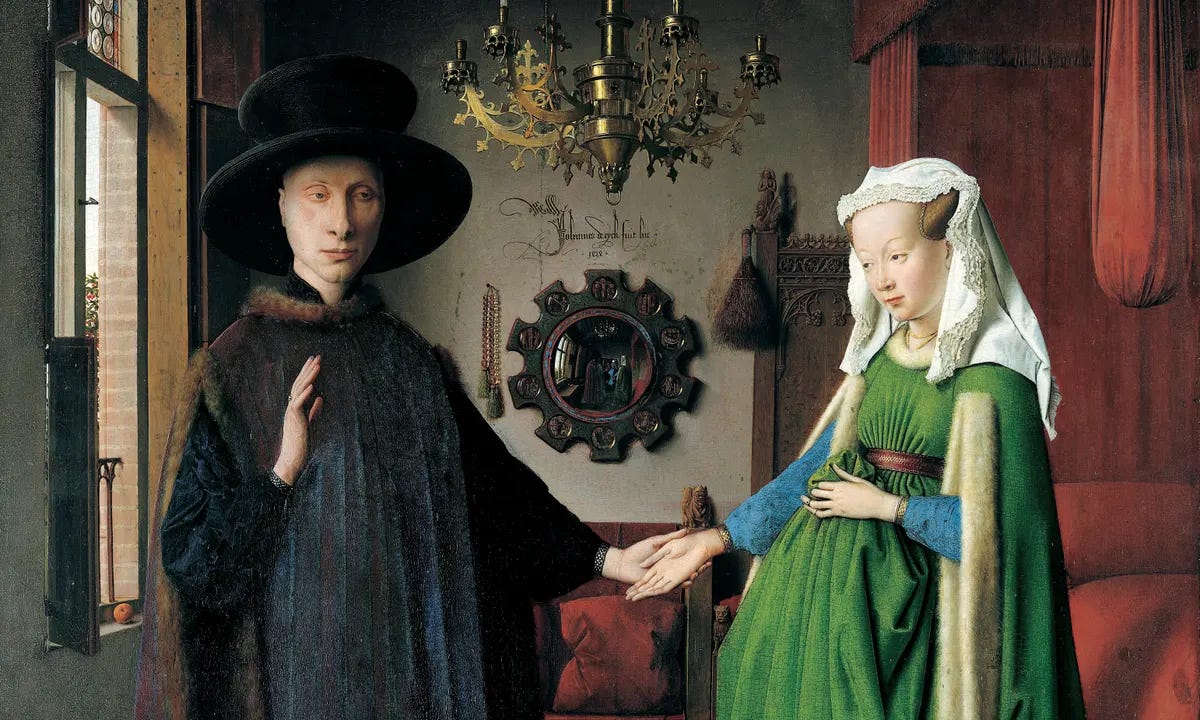 A few weeks back, I read that the National Videogame Museum in Sheffield has created a virtual exhibition to record the role Animal Crossing: New Horizons played in the early days of COVID lockdown. Oh gosh, those weird, terrifying days! Hunting for toilet roll, struggling to handle my daughter's homeschooling with lessons over Skype and whatnot, worrying about elderly relatives and not-so-elderly relatives and friends. I can close my eyes and sense the eerie quiet of the streets with no cars, the return - or so it seemed - of the birds to the trees, I can feel the crunch of twigs underfoot during that illicit-feeling half-hour of daily exercise, and I can hear, what's that? The jangle and shudder of the door to Nook's shop opening and closing as I head in to look for furnishings.
A few weeks back, I read that the National Videogame Museum in Sheffield has created a virtual exhibition to record the role Animal Crossing: New Horizons played in the early days of COVID lockdown. Oh gosh, those weird, terrifying days! Hunting for toilet roll, struggling to handle my daughter's homeschooling with lessons over Skype and whatnot, worrying about elderly relatives and not-so-elderly relatives and friends. I can close my eyes and sense the eerie quiet of the streets with no cars, the return - or so it seemed - of the birds to the trees, I can feel the crunch of twigs underfoot during that illicit-feeling half-hour of daily exercise, and I can hear, what's that? The jangle and shudder of the door to Nook's shop opening and closing as I head in to look for furnishings.For a lot of people I gather Animal Crossing is a huge part of their lockdown memories: it's the island they went to when they couldn't actually go anywhere else. It was community when actual community was limited to clapping for the NHS one evening a week or whatever it was we were doing. People wrote letters to polygonal villagers because they had friends and family who they were worried for, who they missed, and they needed to express themselves to somebody. In this way, I think Nintendo provided one of those once-in-an-era services for their audience. They opened a virtual window when people needed to feel a breeze, even a virtual breeze. What a thing.
For me, though, and I suspect for a lot of Animal Crossing lifers, the new Animal Crossing was just the new Animal Crossing. Of course we played it through lockdown. We continued playing it long after that too. I remember checking into Animal Crossing after getting my third - my fourth? - booster? I've been playing it long since the cars are back and the birds can no longer be heard. I'd like to make clear here: I know that COVID isn't over, particularly for vulnerable people including my fellow MS patients. But the cultural moment has faded, and Animal Crossing, for the last few years, has been free to be just Animal Crossing.
Read more
More...

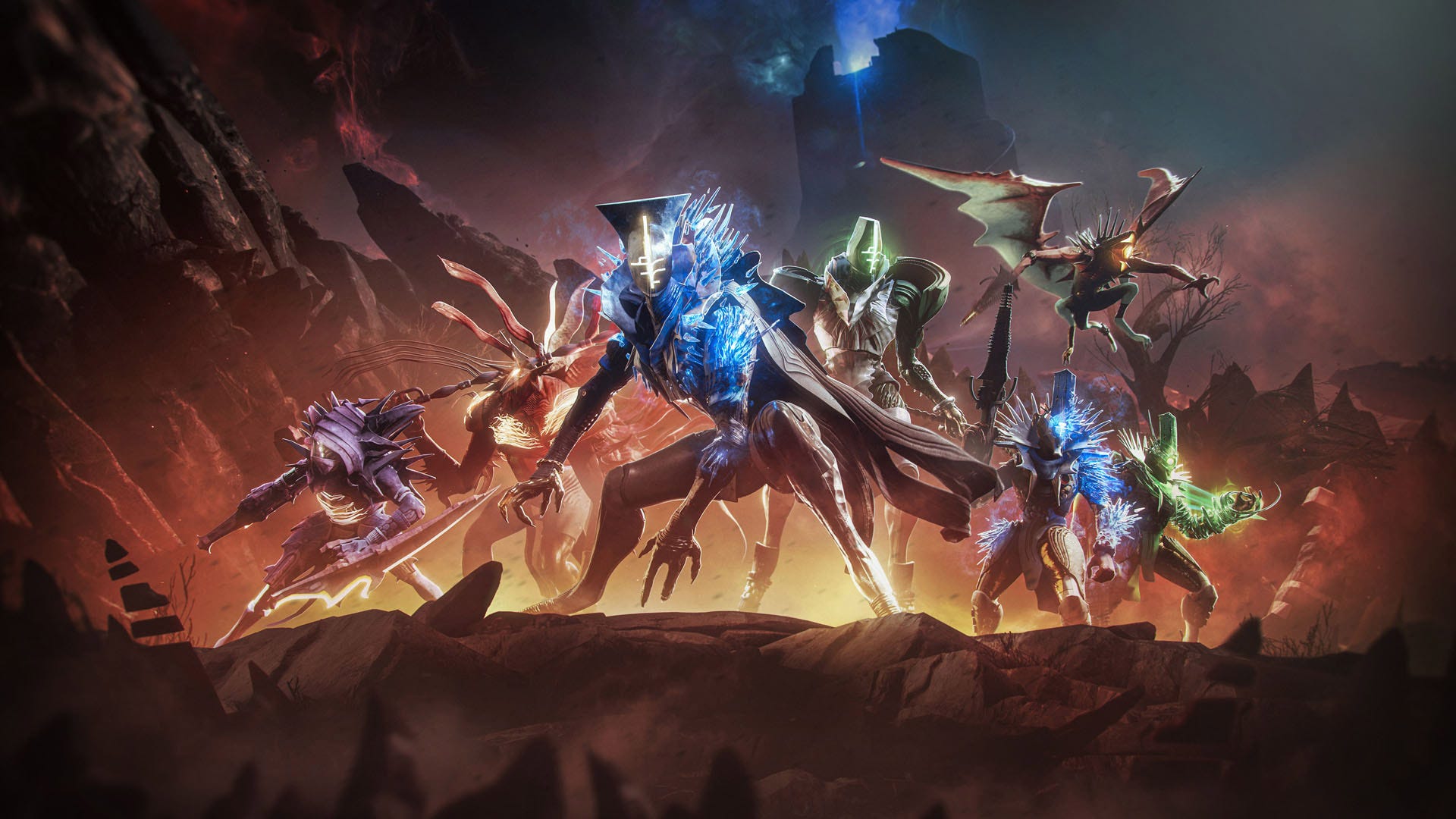
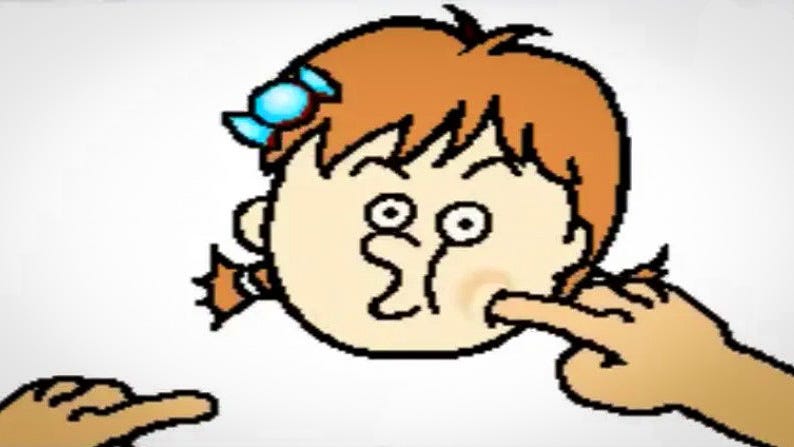 Five of the Best is a weekly series for
Five of the Best is a weekly series for 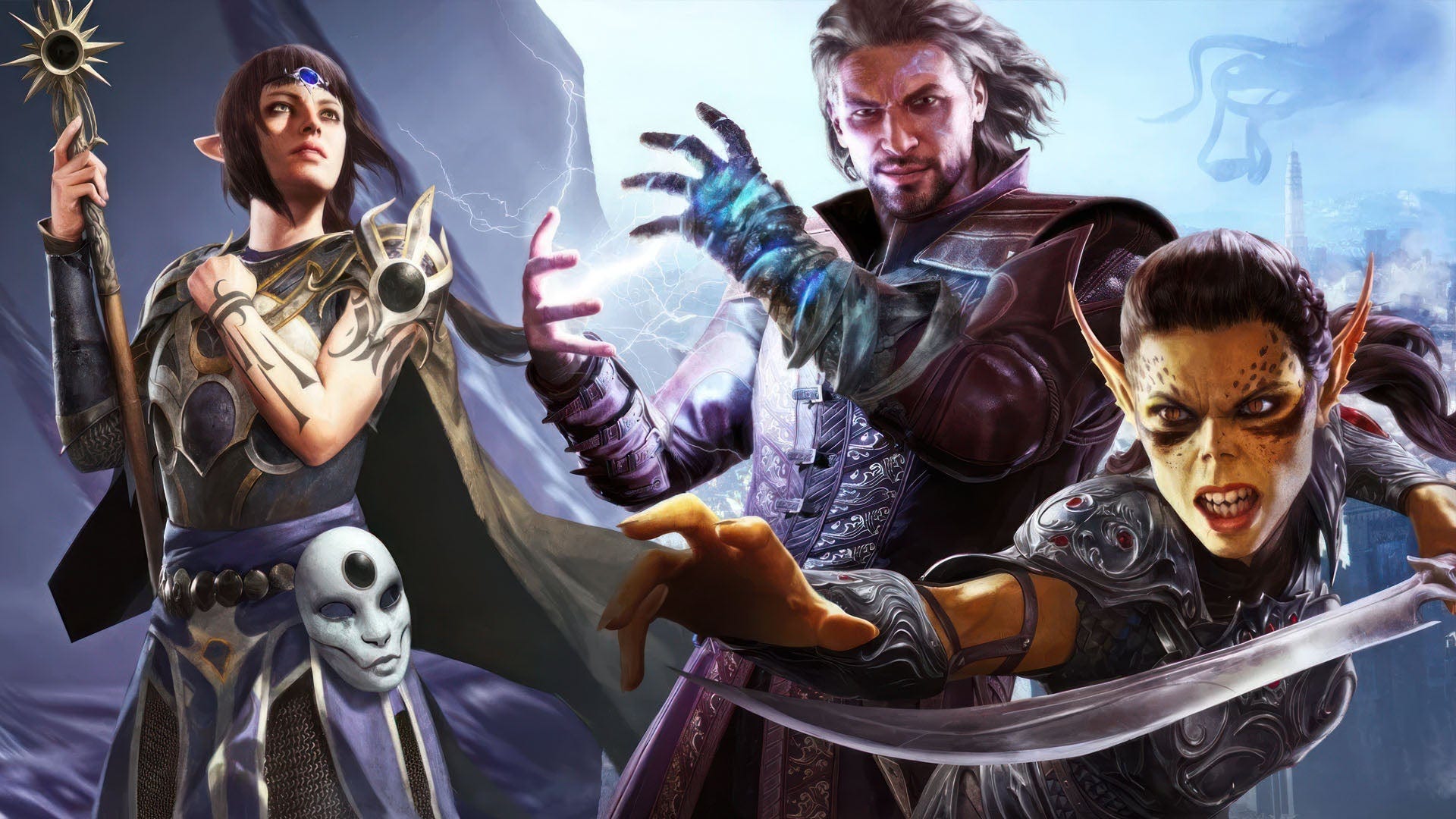
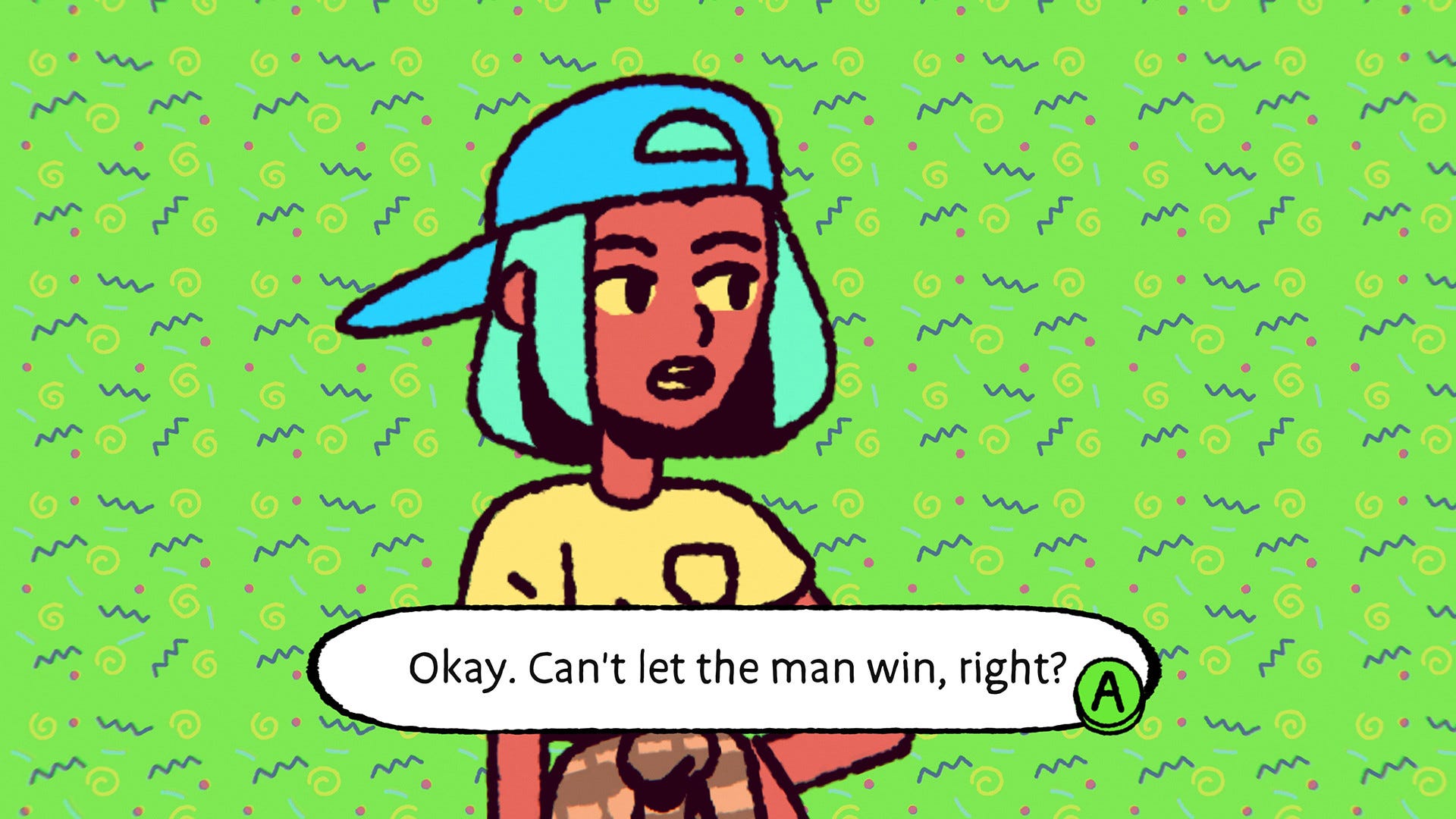
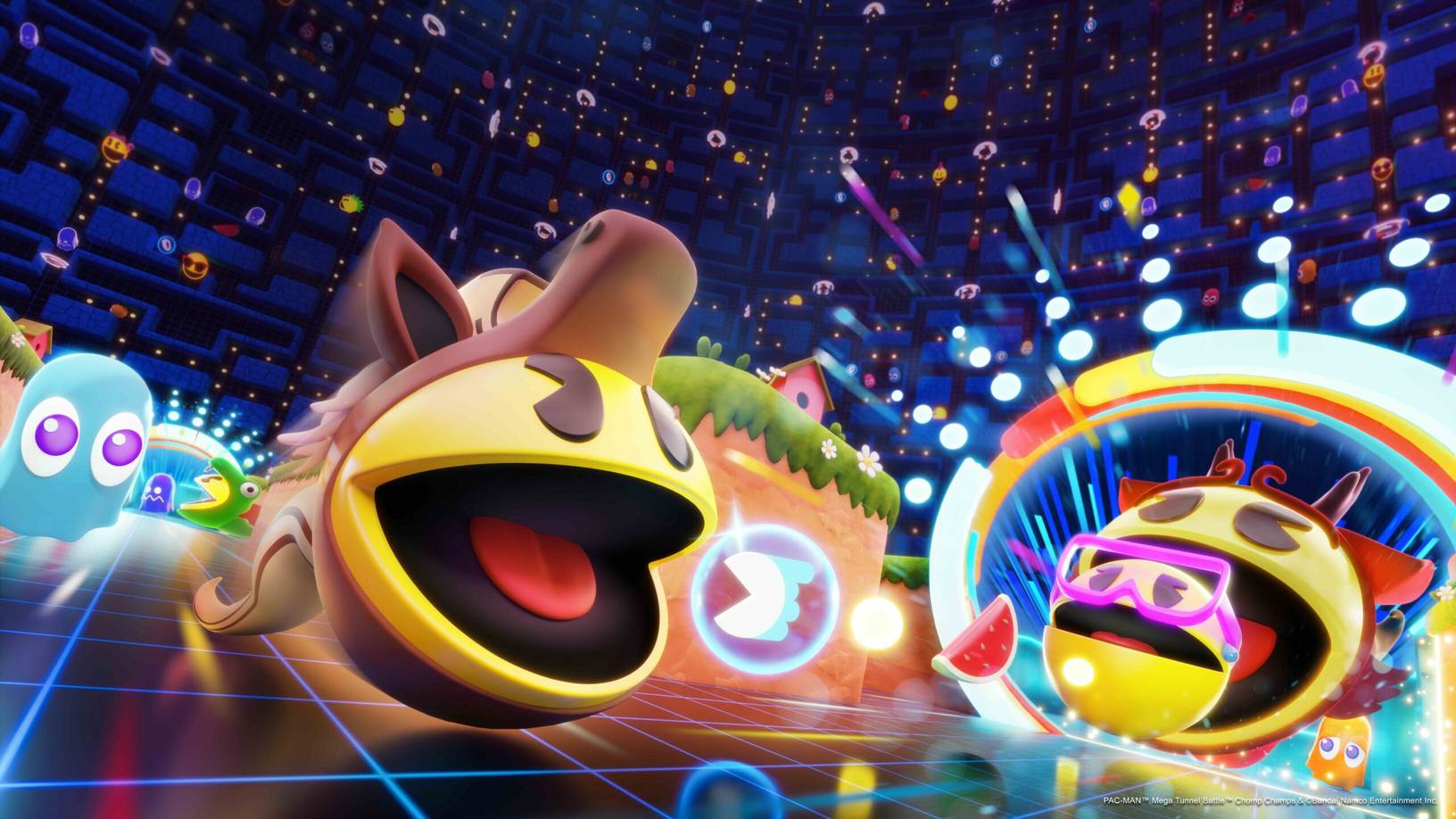

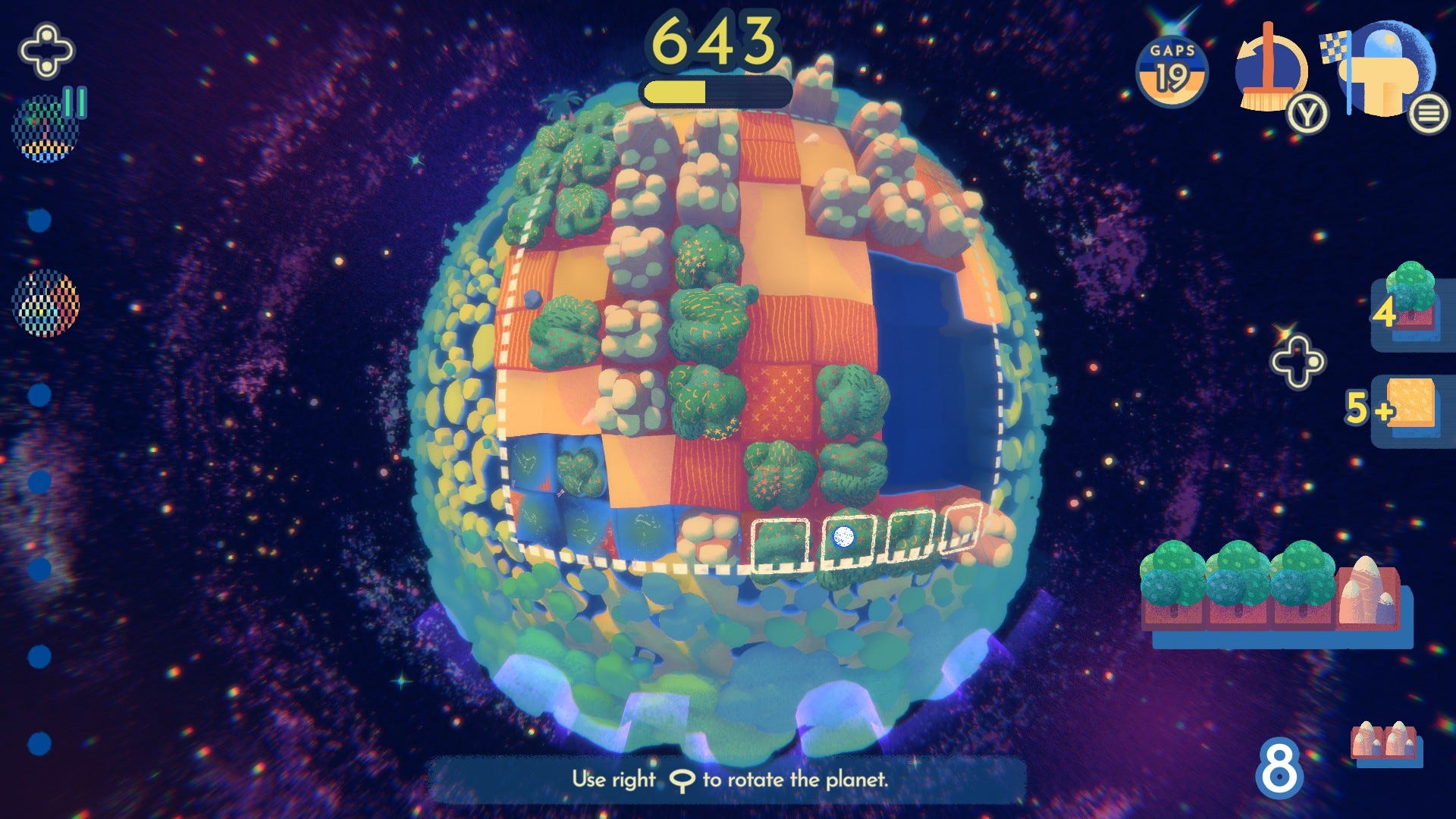 I don't know if you've ever taken off in a plane from somewhere like Gatwick. There's this moment, about thirty seconds into the flight, where you get enough height and you look down and England has become a cheery parody of itself. It's all green and grass and roughly stitched together fields. There's even a train tootling through it all, although sadly you'll only see smoke coming from it if the electrical wiring has caught fire.
I don't know if you've ever taken off in a plane from somewhere like Gatwick. There's this moment, about thirty seconds into the flight, where you get enough height and you look down and England has become a cheery parody of itself. It's all green and grass and roughly stitched together fields. There's even a train tootling through it all, although sadly you'll only see smoke coming from it if the electrical wiring has caught fire.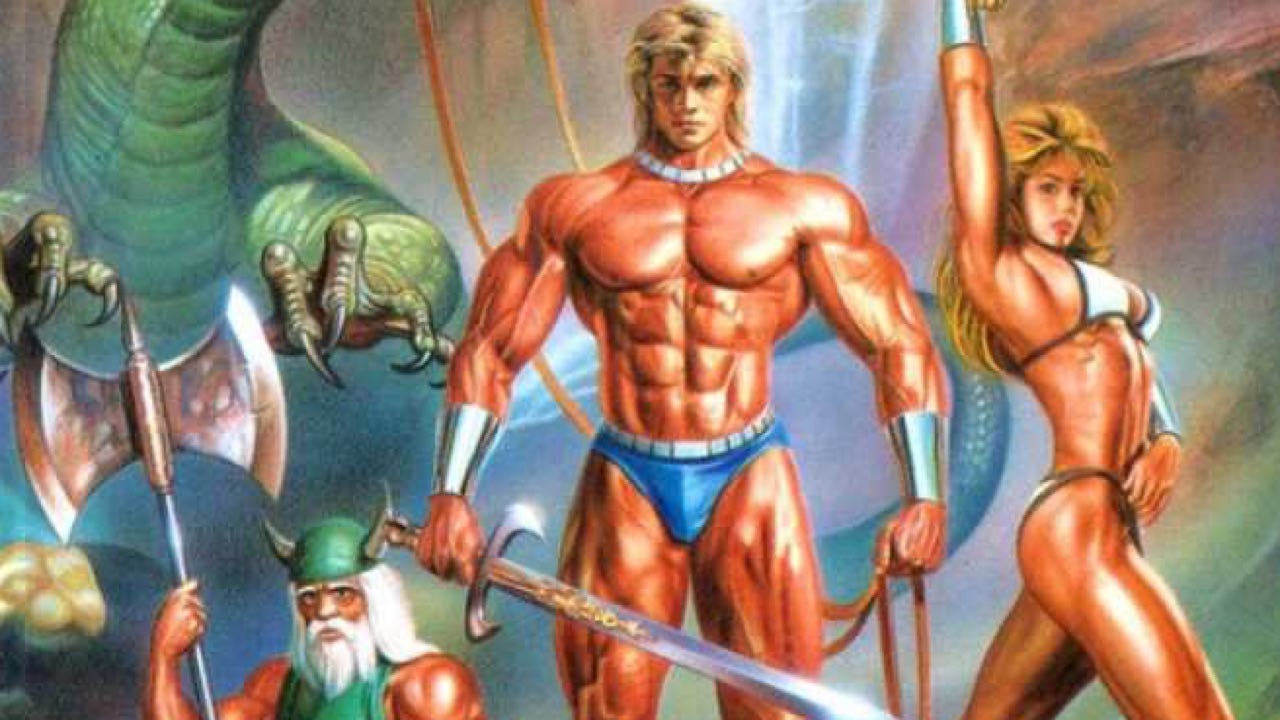
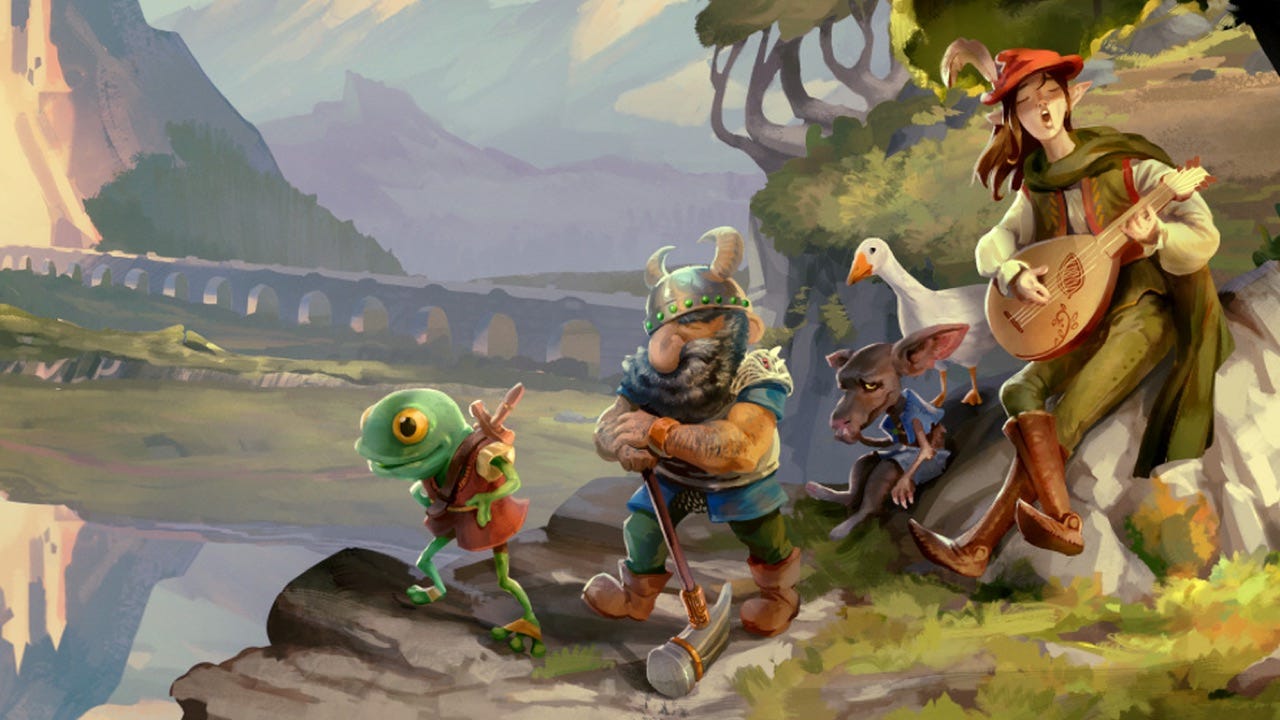
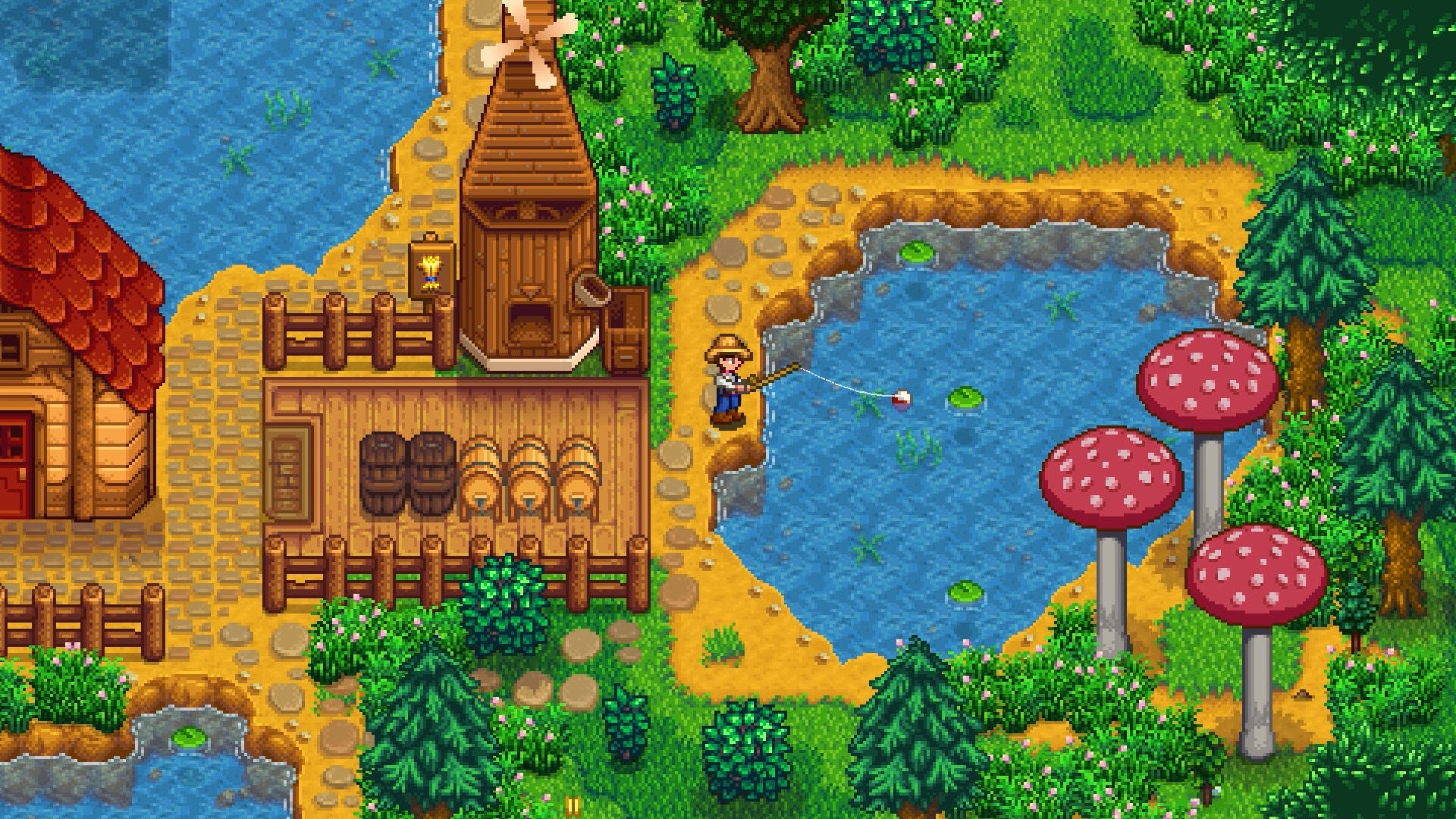
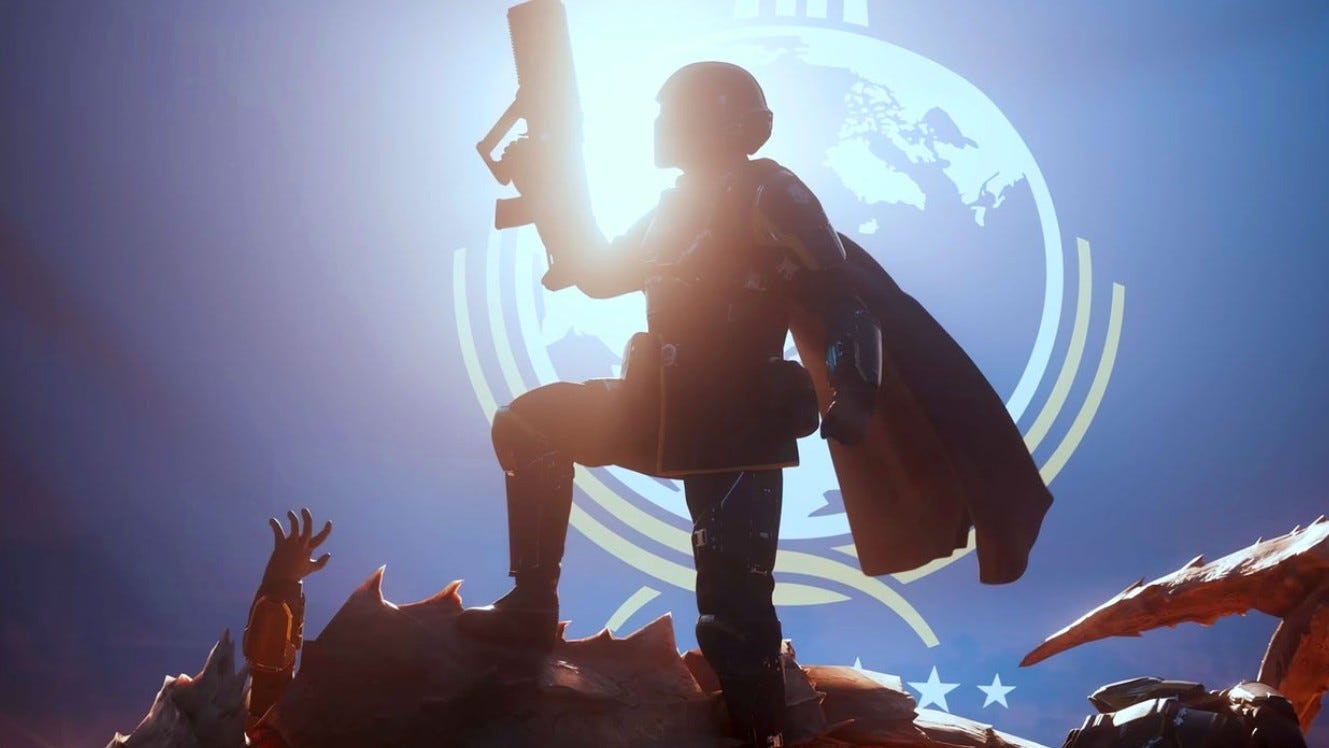 Helldivers 2 is "suffering a minor outage" that is affecting progress tracking.
Helldivers 2 is "suffering a minor outage" that is affecting progress tracking.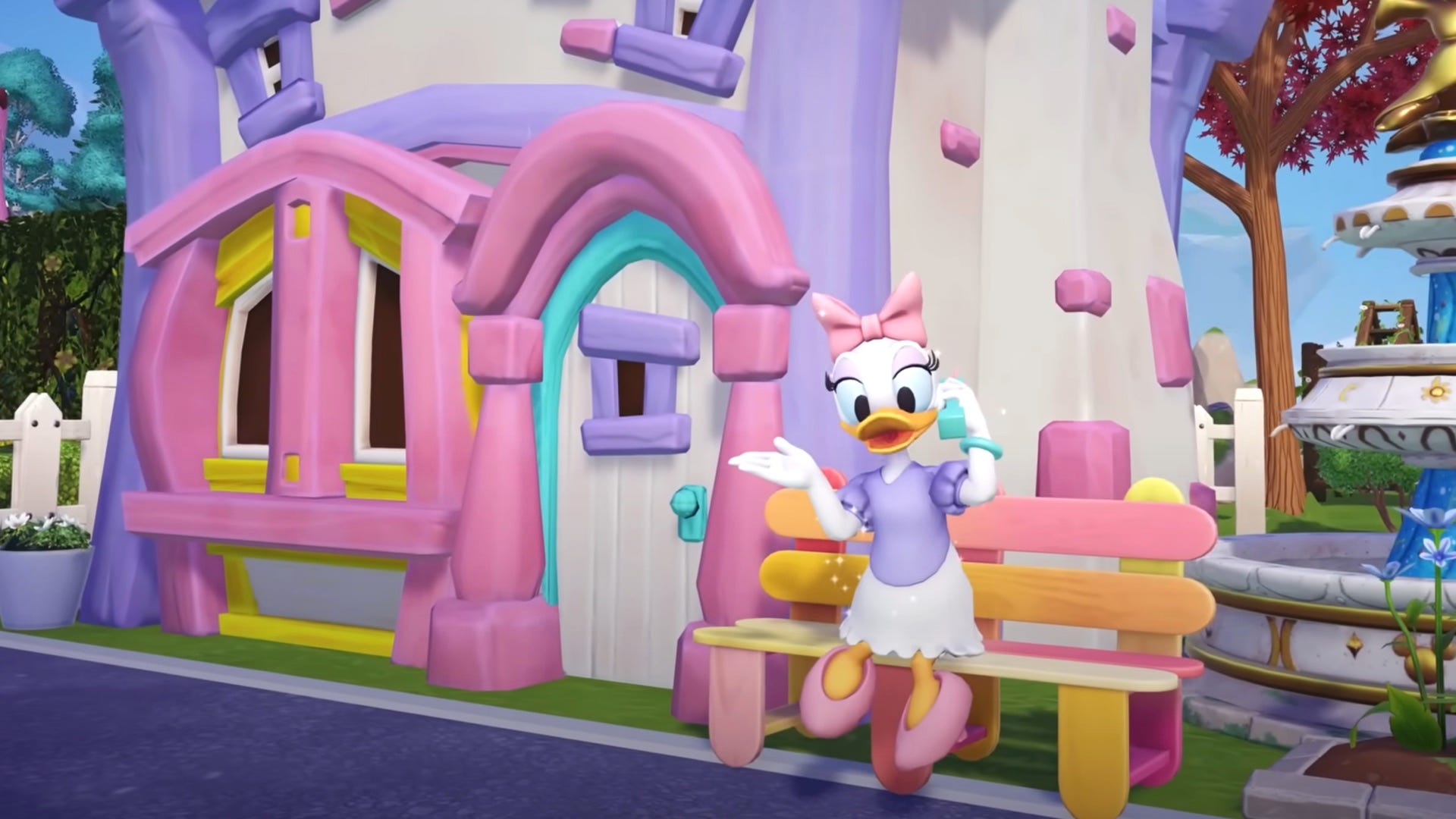
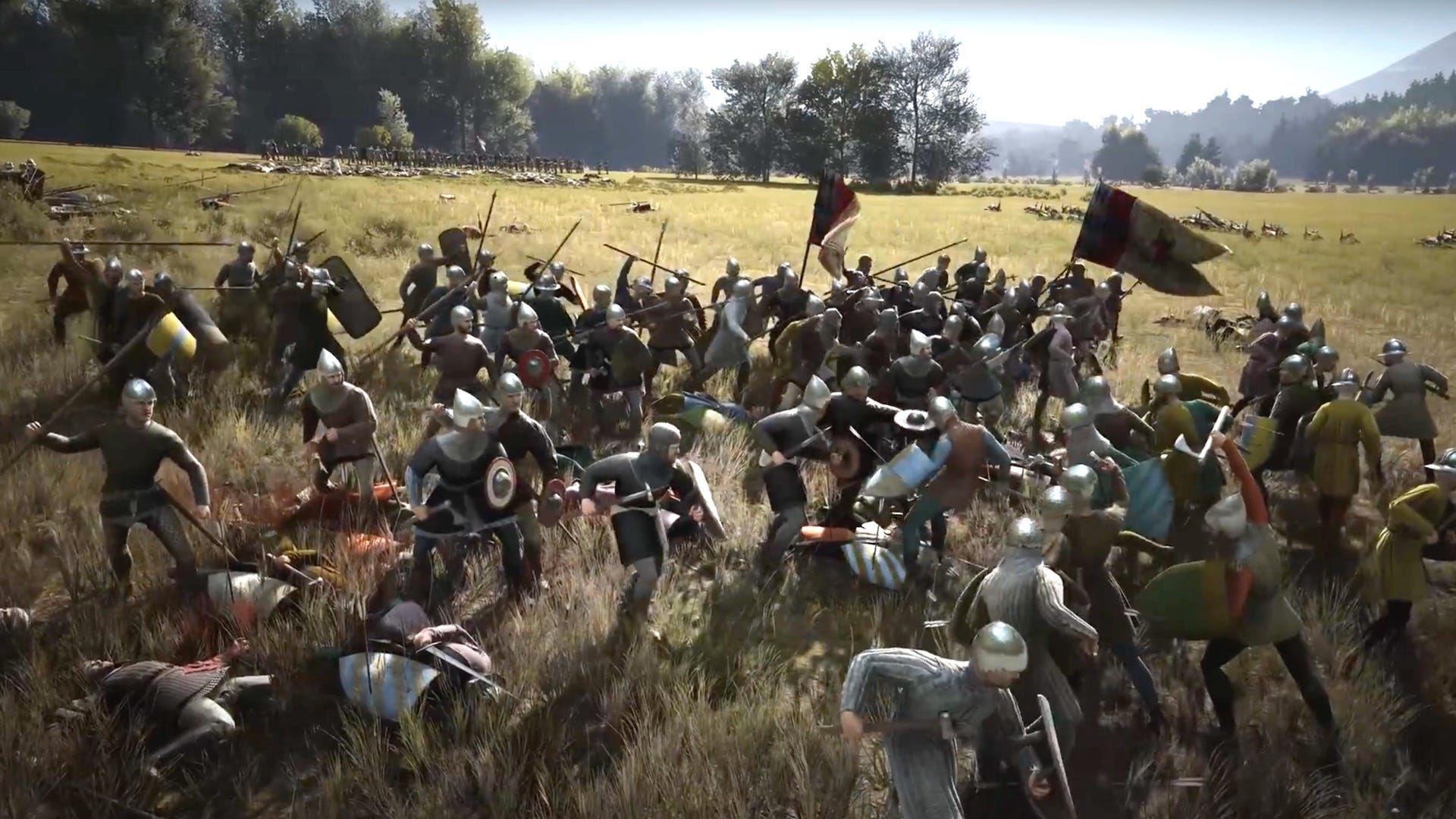

Comment